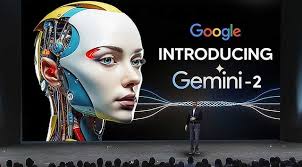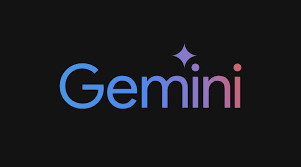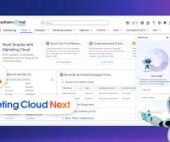Copilots and Agents
Which Agentic AI Features Truly Matter? Modern large language models (LLMs) are often evaluated based on their ability to support agentic AI capabilities. However, the effectiveness of these features depends on the specific problems AI agents are designed to solve. The term “AI agent” is frequently applied to any AI application that performs intelligent tasks on behalf of a user. However, true AI agents—of which there are still relatively few—differ significantly from conventional AI assistants. This discussion focuses specifically on personal AI applications rather than AI solutions for teams and organizations. In this domain, AI agents are more comparable to “copilots” than traditional AI assistants. What Sets AI Agents Apart from Other AI Tools? Clarifying the distinctions between AI agents, copilots, and assistants helps define their unique capabilities: AI Copilots AI copilots represent an advanced subset of AI assistants. Unlike traditional assistants, copilots leverage broader context awareness and long-term memory to provide intelligent suggestions. While ChatGPT already functions as a form of AI copilot, its ability to determine what to remember remains an area for improvement. A defining characteristic of AI copilots—one absent in ChatGPT—is proactive behavior. For example, an AI copilot can generate intelligent suggestions in response to common user requests by recognizing patterns observed across multiple interactions. This learning often occurs through in-context learning, while fine-tuning remains optional. Additionally, copilots can retain sequences of past user requests and analyze both memory and current context to anticipate user needs and offer relevant suggestions at the appropriate time. Although AI copilots may appear proactive, their operational environment is typically confined to a specific application. Unlike AI agents, which take real actions within broader environments, copilots are generally limited to triggering user-facing messages. However, the integration of background LLM calls introduces a level of automation beyond traditional AI assistants, whose outputs are always explicitly requested. AI Agents and Reasoning In personal applications, an AI agent functions similarly to an AI copilot but incorporates at least one of three additional capabilities: Reasoning and self-monitoring are critical LLM capabilities that support goal-oriented behavior. Major LLM providers continue to enhance these features, with recent advancements including: As of March 2025, Grok 3 and Gemini 2.0 Flash Thinking rank highest on the LMArena leaderboard, which evaluates AI performance based on user assessments. This competitive landscape highlights the rapid evolution of reasoning-focused LLMs, a critical factor for the advancement of AI agents. Defining AI Agents While reasoning is often cited as a defining feature of AI agents, it is fundamentally an LLM capability rather than a distinction between agents and copilots. Both require reasoning—agents for decision-making and copilots for generating intelligent suggestions. Similarly, an agent’s ability to take action in an external environment is not exclusive to AI agents. Many AI copilots perform actions within a confined system. For example, an AI copilot assisting with document editing in a web-based CMS can both provide feedback and make direct modifications within the system. The same applies to sensor capabilities. AI copilots not only observe user actions but also monitor entire systems, detecting external changes to documents, applications, or web pages. Key Distinctions: Autonomy and Versatility The fundamental differences between AI copilots and AI agents lie in autonomy and versatility: If an AI system is labeled as a domain-specific agent or an industry-specific vertical agent, it may essentially function as an AI copilot. The distinction between copilots and agents is becoming increasingly nuanced. Therefore, the term AI agent should be reserved for highly versatile, multi-purpose AI systems capable of operating across diverse domains. Notable examples include OpenAI’s Operator and Deep Research. Like1 Related Posts Salesforce OEM AppExchange Expanding its reach beyond CRM, Salesforce.com has launched a new service called AppExchange OEM Edition, aimed at non-CRM service providers. Read more The Salesforce Story In Marc Benioff’s own words How did salesforce.com grow from a start up in a rented apartment into the world’s Read more Salesforce Jigsaw Salesforce.com, a prominent figure in cloud computing, has finalized a deal to acquire Jigsaw, a wiki-style business contact database, for Read more Service Cloud with AI-Driven Intelligence Salesforce Enhances Service Cloud with AI-Driven Intelligence Engine Data science and analytics are rapidly becoming standard features in enterprise applications, Read more








